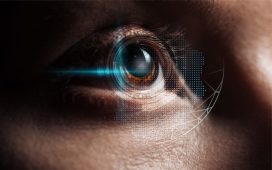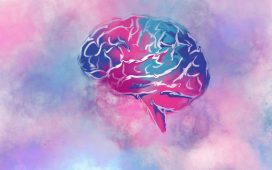But 3 years after menopausal HT, change in brain volumes not significantly different from placebo
WEDNESDAY, March 21, 2018 (HealthDay News) — Taking menopausal hormone therapy may have long-term effects on the brain, according to a study published online March 21 in Neurology.
Kejal Kantarci, M.D., from the Mayo Clinic in Rochester, Minn., and colleagues assessed the effects of two frequently used formulations of menopausal hormone therapy (0.45 mg/day oral conjugated equine estrogen [oCEE], 50 μg/day transdermal 17β-estradiol [tE2], or placebo pills and patch) on brain structure and cognition three years after the completion of a randomized clinical trial. Magnetic resonance imaging was performed in 75 participants of the trial.
The researchers found that ventricular volumes increased more in the oCEE group than the placebo group during the four years of menopausal hormone therapy, but three years after the discontinuation of menopausal hormone therapy, the increase in ventricular volumes in the oCEE group was not different from that in the placebo group. The increase in white matter hyperintensity volume was similar in the oCEE and tE2 groups, but only the oCEE group achieved statistical significance compared to placebo. The longitudinal decline in dorsolateral prefrontal cortex volumes was less in the tE2 group compared with the placebo group. In the menopausal hormone therapy groups, the rates of global cognitive change did not differ from that of the placebo group.
“This study provides Class III evidence that the rates of change in global brain volumes and cognitive function in recently menopausal women receiving menopausal hormone therapy (tE2 or oCEE) were not significantly different from women receiving placebo, as measured three years after exposure to menopausal hormone therapy,” the authors write.
Several authors disclosed financial ties to the pharmaceutical industry.
Abstract/Full Text (subscription or payment may be required)
Copyright © 2018 HealthDay. All rights reserved.








